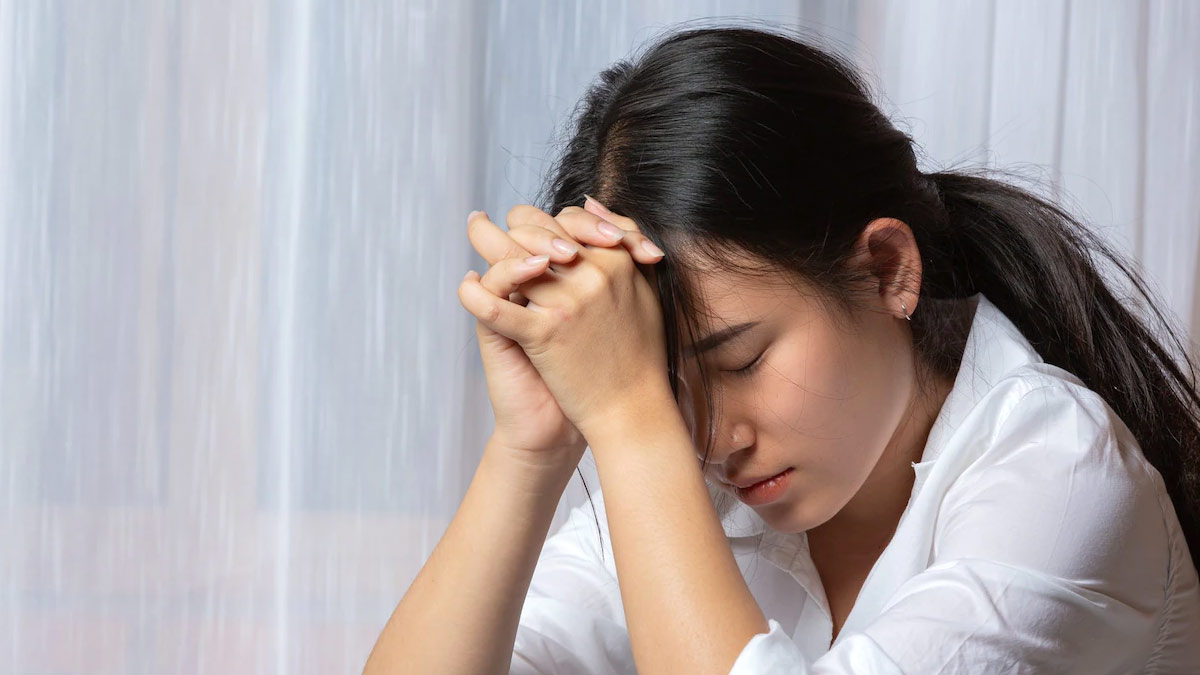
During the COVID-19 pandemic, many experienced stress, anxiety, and depression to varying degrees. According to a scientific brief released by the World Health Organisation (WHO), after the COVID-19 pandemic the global prevalence of depression and anxiety has increased by 25%. Also, the global prevalence of depression and anxiety has increased by 25%, said the World Health Organisation. In India, post-pandemic, the prevalence of stress, depression, and anxiety is 61%, 33%, and 34% respectively. Thus, anxiety, depression, and stress have become unprecedented threats to mental health worldwide.
To know more about the difference between stress, anxiety, and depression, OnlyMyHealth editorial team spoke to Dr. CR Chandrashekar, MBBS, MD - Psychological Medicine, Psychiatrist, Samadhana Counselling Centre, Karnataka.
What is stress?

To tackle these problems, we need to understand how to identify these and differentiate between them. Stress is the emotional, psychological, or physical strain that we experience due to change. Some common signs of stress are:
- Muscle aches and headaches
- Palpitations
- Loss or gain of appetite
- Sense of burn-out
Anxiety
Anxiety is the sense of fear that something unpleasant or unfavourable will happen. It is characterised by feelings of tension and worried thoughts. Often, anxious people may experience episodes of anxiety attacks characterised by sudden and intense fear. These feelings of anxiety can become uncontrolled at times and may interfere with everyday activities. Some common signs of anxiety are:
- Feeling tense, restless, or nervous most of the time
- Having a sense of fear of some impending danger
- Breathing rapidly (hyperventilation)
- Difficulty sleeping and concentrating
- Sweating excessively and trembling
Also read: Expert Talk: How To Manage Social Anxiety & Depression
Depression

Depression is a constant feeling of sadness along with a loss of interest in things which we previously enjoyed. Some common signs of depression are:
- Feeling sad throughout the day on all or most days in a week
- Unexplained feelings of worthlessness or guilt
- Being restless, irritable or agitated most of the time
- Difficulty concentrating or making decisions
- Trouble eating and sleeping
- Feeling uninterested or bored by the activities that you enjoyed earlier
- Thinking a lot about death or having suicidal thoughts or actions
Also read: Effects Of Stress On Physical Health And Ways To Tackle It
How to deal with stress, anxiety, and depression?
As some signs of stress, anxiety and depression are common. Therefore, it is difficult to identify these accurately without professional help. The treatment for stress, anxiety, and depression involves lifestyle changes, practising mindfulness and meditation, talk therapy, medication or a combination of these. Cognitive behavioural therapy (CBT) is a type of talk therapy that teaches us to think and behave differently to avoid stress, anxiety, or depression. We can live to the fullest by making mental health and well-being a priority.
Also watch this video
How we keep this article up to date:
We work with experts and keep a close eye on the latest in health and wellness. Whenever there is a new research or helpful information, we update our articles with accurate and useful advice.
Current Version